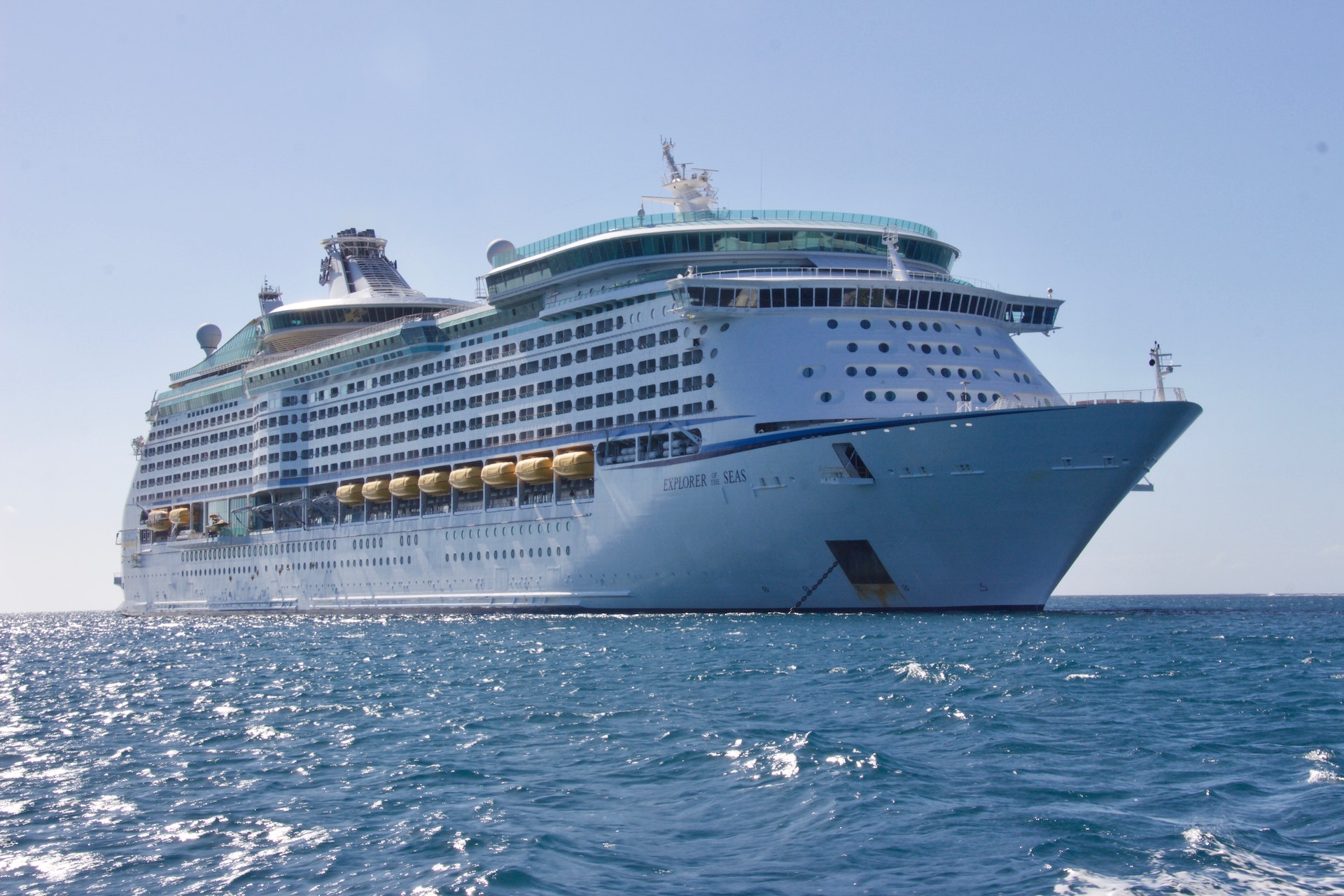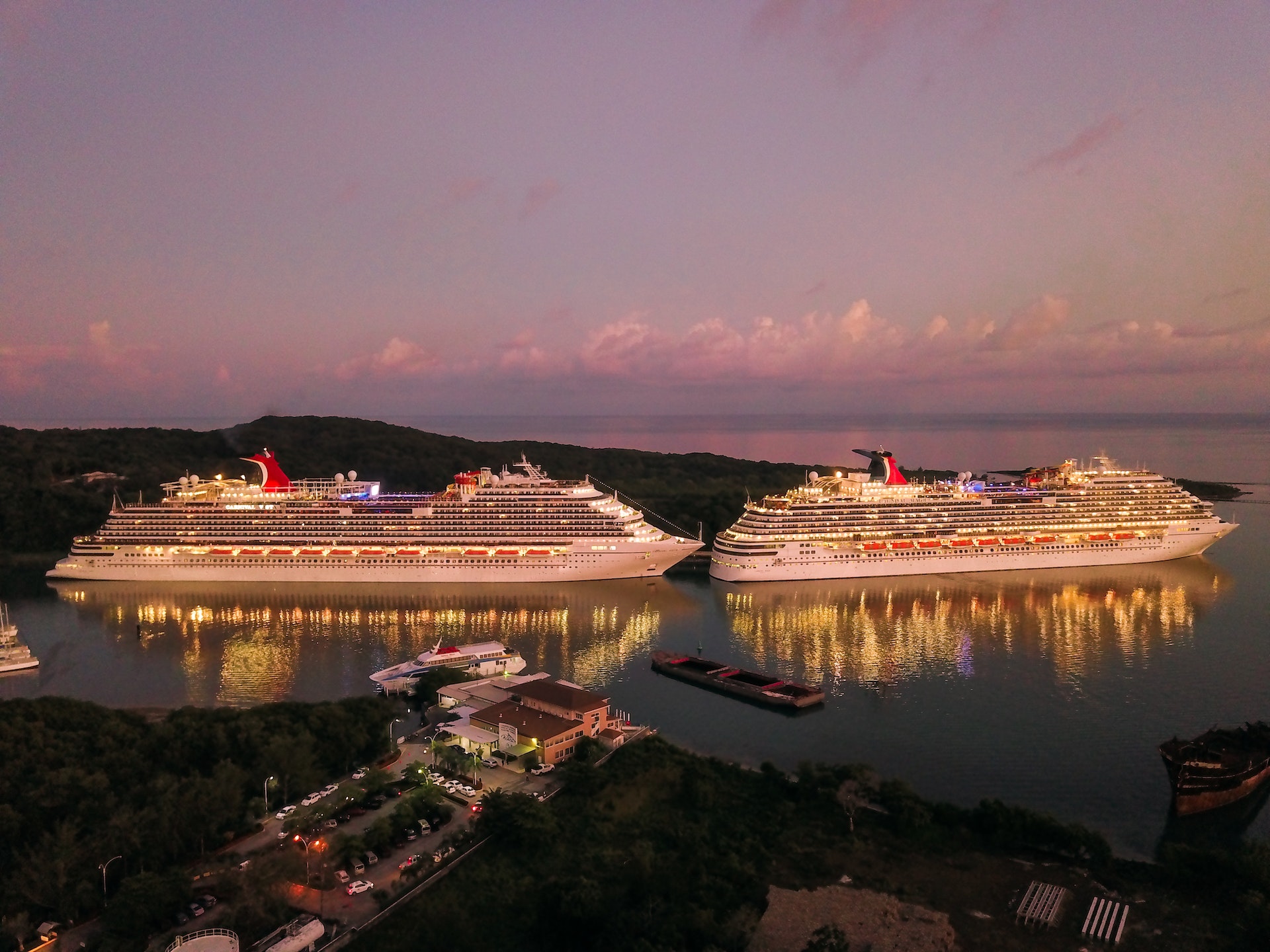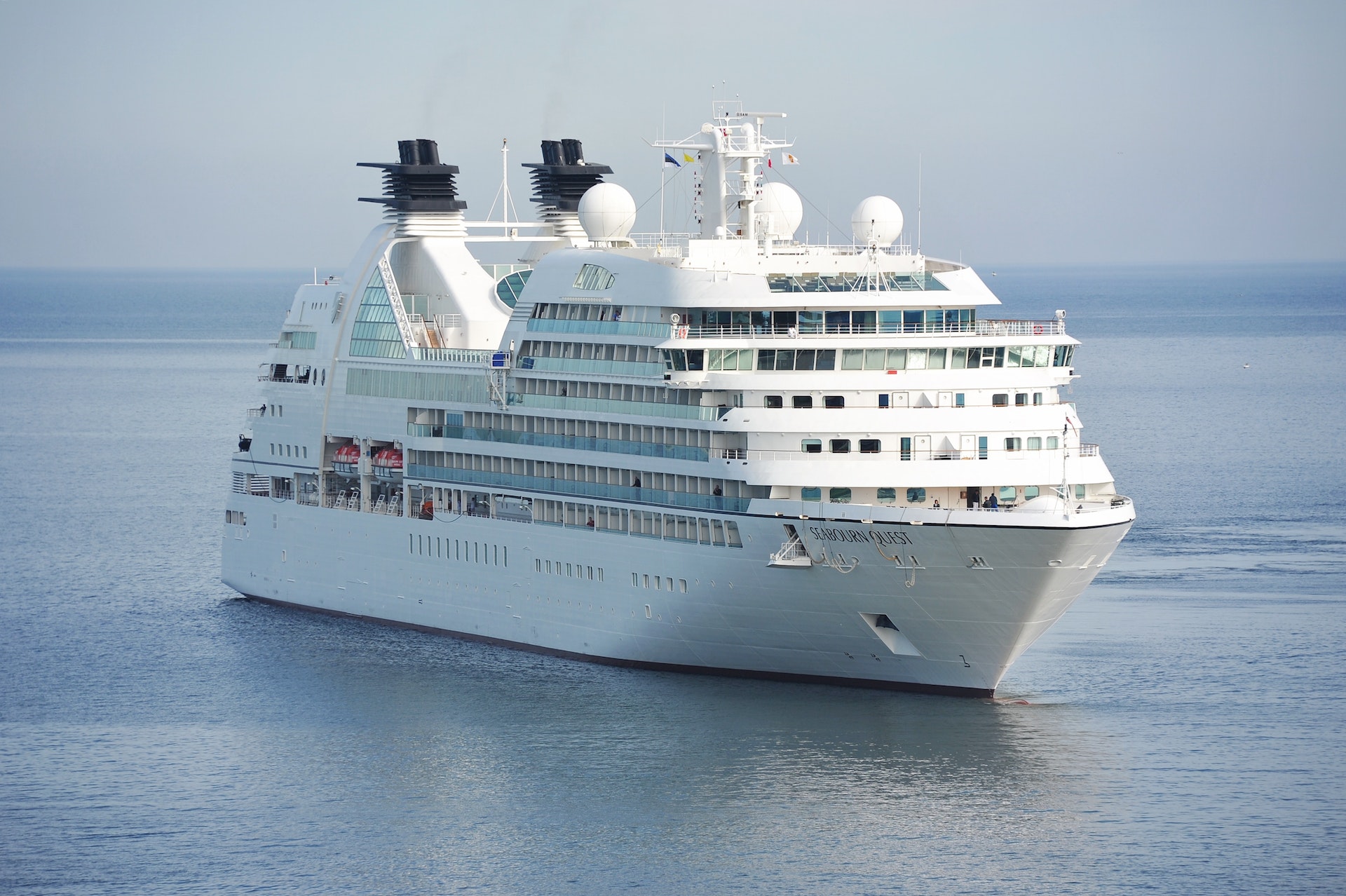Behind How The Cruise Industry Works
Discover the inner workings of the cruise industry with our comprehensive guide. Learn about ship design, port authorities, marketing strategies, staffing, sustainability efforts, and more. Plan your next cruise vacation with confidence and knowledge.
Author:Luqman JacksonReviewer:Liam EvansMar 06, 202348 Shares753 Views

The cruise industry has grown significantly in recent years, with millions of people choosing to embark on cruise vacations every year.
But have you ever wondered how the cruise industryworks? In this article, we'll take a closer look at the inner workings of the cruise industry and the factors that contribute to its success.
What Is The Cruise Industry?
The cruise industry refers to a segment of the travel and tourism industry that provides passengers with transportation, accommodation, and entertainment aboard a ship. The industry is made up of a variety of players, including cruise lines, travel agents, port authorities, and suppliers.
How The Cruise Industry Works
The cruise industry operates on a unique business model that involves selling cabins on ships to passengers who are looking for a vacation experience. Cruise lines invest heavily in building and maintaining their ships, as well as hiring staff and offering onboard amenities and entertainment.
They then market their cruise packages to consumers through a variety of channels, including online travel agencies, traditional travel agents, and direct-to-consumer advertising.
Once a passenger books a cruise, they pay a fee that includes their cabin, meals, and access to onboard amenities and entertainment.
Depending on the cruise line and itinerary, passengers may also have the option to purchase add-ons such as shore excursions, specialty dining, and spa treatments.
The Economics Of The Cruise Industry
The cruise industry is a multi-billion-dollar industry that generates significant revenue for cruise lines, port authorities, and other players. Cruise lines make money by selling cabins and onboard services, while port authorities generate revenue through docking fees and other charges.
The industry also supports a variety of suppliers, including food and beverage providers, entertainment companies, and shipbuilders.
Despite its significant economic impact, the cruise industry has faced some challenges in recent years. The COVID-19 pandemic, for example, forced many cruise lines to suspend operations and resulted in significant revenue losses.
The industry has also faced criticism for its impact on the environment, with concerns over emissions, waste disposal, and other environmental issues.
Cruise Ship Design And Construction
Modern cruise ships are engineering marvels, featuring a wide range of unique features and amenities designed to provide passengers with a comfortable and enjoyable vacation experience.
The construction of a modern cruise ship involves a complex process that includes designing the ship's layout, selecting the right materials, and building the ship to withstand the harsh conditions of the ocean.
Some of the unique features of modern cruise ships include multiple swimming pools, water parks, rock-climbing walls, theaters, and dining options. Cruise ships also have state-of-the-art propulsion systems that help them navigate through rough seas and harsh weather conditions.
The size of a modern cruise ship can vary significantly, with some ships capable of accommodating over 6,000 passengers and crew members.
The Role Of Port Authorities
Port authorities play a critical role in the cruise industry, providing the infrastructure and support necessary for cruise ships to dock and operate. Port authorities are responsible for maintaining and upgrading port facilities, ensuring that they are safe and efficient for cruise ships to use.
In addition to providing infrastructure, port authorities also generate significant revenue for the local economy. They charge fees for cruise ships to use their facilities, and this revenue can be used to fund local projects and create jobs.
Marketing And Promotion
Marketing and promotion are essential components of the cruise industry, with cruise lines using a variety of strategies and tactics to attract potential passengers. Cruise lines advertise their offerings through various channels, including online travel agencies, traditional travel agents, and direct-to-consumer advertising.
Cruise lines also offer incentives such as discounts, onboard credits, and free upgrades to encourage passengers to book their cruises. Some cruise lines even partner with celebrities and influencers to promote their offerings on social media.
Staffing And Employment
The cruise industry employs a diverse range of staff members, from captains and crew members to chefs and entertainers. The roles and responsibilities of staff members aboard a cruise ship can vary significantly, with some staff members responsible for guest services, while others are responsible for the ship's navigation and operation.
Employment opportunities in the cruise industry can be both rewarding and challenging, with long working hours and the need to adapt to a constantly changing environment.
However, working on a cruise ship also provides staff members with the opportunity to travel to exotic destinations and meet people from all over the world.
Environmental Sustainability
The cruise industry has faced criticism in recent years over its impact on the environment. Cruise lines have responded by implementing various sustainability initiatives, such as reducing emissions, reducing waste, and promoting sustainable practices.
Some cruise lines have invested in alternative fuels, such as liquefied natural gas (LNG), to reduce their carbon footprint. Others have implemented waste reduction programs, such as recycling and composting, to reduce the amount of waste generated on their ships.
In conclusion, the cruise industry is a dynamic and complex industry that involves a wide range of players, from cruise lines and port authorities to staff members and suppliers.
By understanding the unique features and challenges of the industry, we can better appreciate the value of the cruise experience and the efforts made by the industry to promote sustainability and responsible tourism.
Are you interested in learning more about the travel industry, including the cruise industry? Check out Bugbog blog.
People Also Ask
What Industry Is Cruise?
With this in mind, global cruise lines operate in a unique space. They are part of the travel industry, the entertainment industry, and the leisure industry, and they also use some hotel management techniques.
What Is The Importance Of The Cruise Industry?
The UN World Tourism Organizationsays that the cruise industry provides jobs for 1.2 million people and adds $150 billion to the world economy every year.
Is Cruise Ship Part Of Tourism Industry?
One of the most important areas of growth in the tourism market is the cruise business. In the last few years, the number of people taking cruises has grown a lot, and more and more places to go on cruises are opening up.
Conclusion
From the design and construction of modern cruise ships to the marketing and promotion of cruise offerings, the industry involves a wide range of players and stakeholders. Port authorities provide the necessary infrastructure for ships to dock and operate, while staff members work tirelessly to ensure that passengers have an enjoyable and safe vacation experience.
Despite facing criticism over its environmental impact, the cruise industry has responded with various sustainability initiatives aimed at reducing its carbon footprint and promoting responsible tourism. As the industry continues to grow and evolve, it is essential to maintain a focus on sustainability and ensure that the cruise experience remains enjoyable for passengers while also being environmentally responsible.
Overall, the cruise industry offers a unique and exciting vacation experience that is enjoyed by millions of people around the world. By understanding the complexities of the industry, we can better appreciate the value of the cruise experience and the efforts made by the industry to promote sustainability and responsible tourism.

Luqman Jackson
Author

Liam Evans
Reviewer
Latest Articles
Popular Articles

